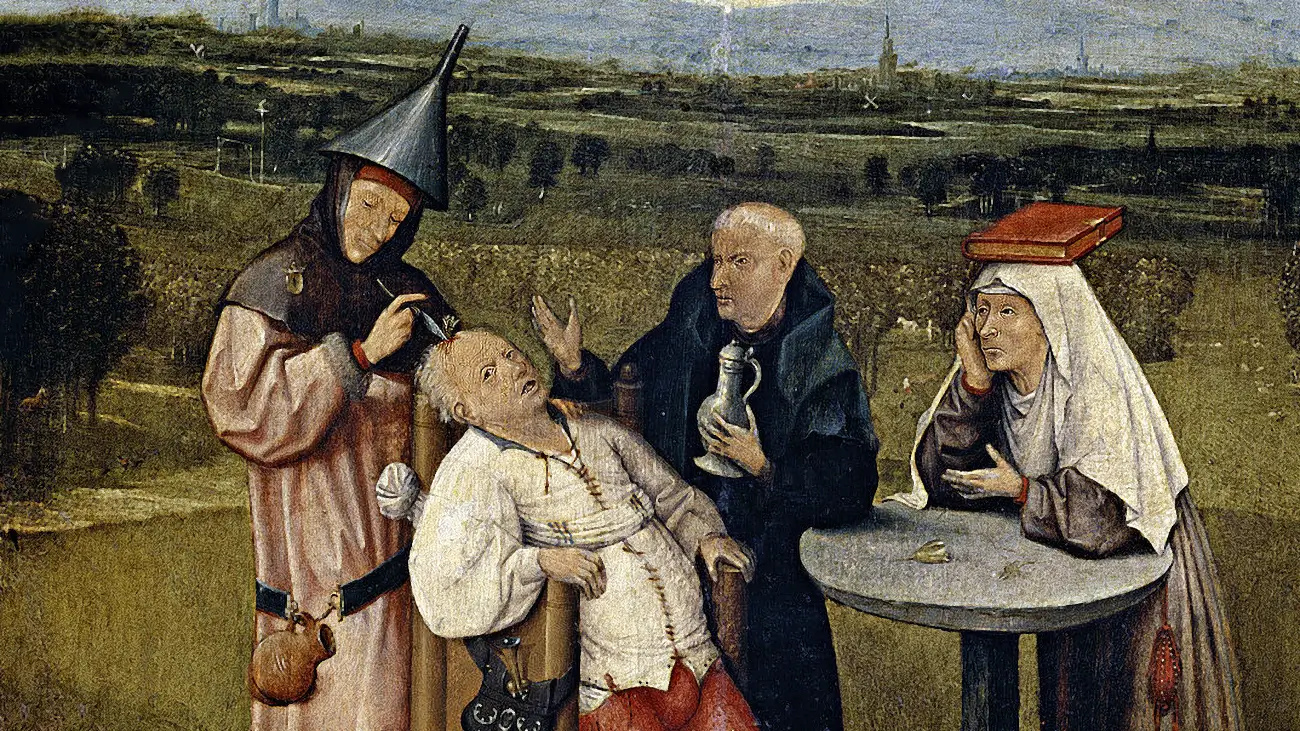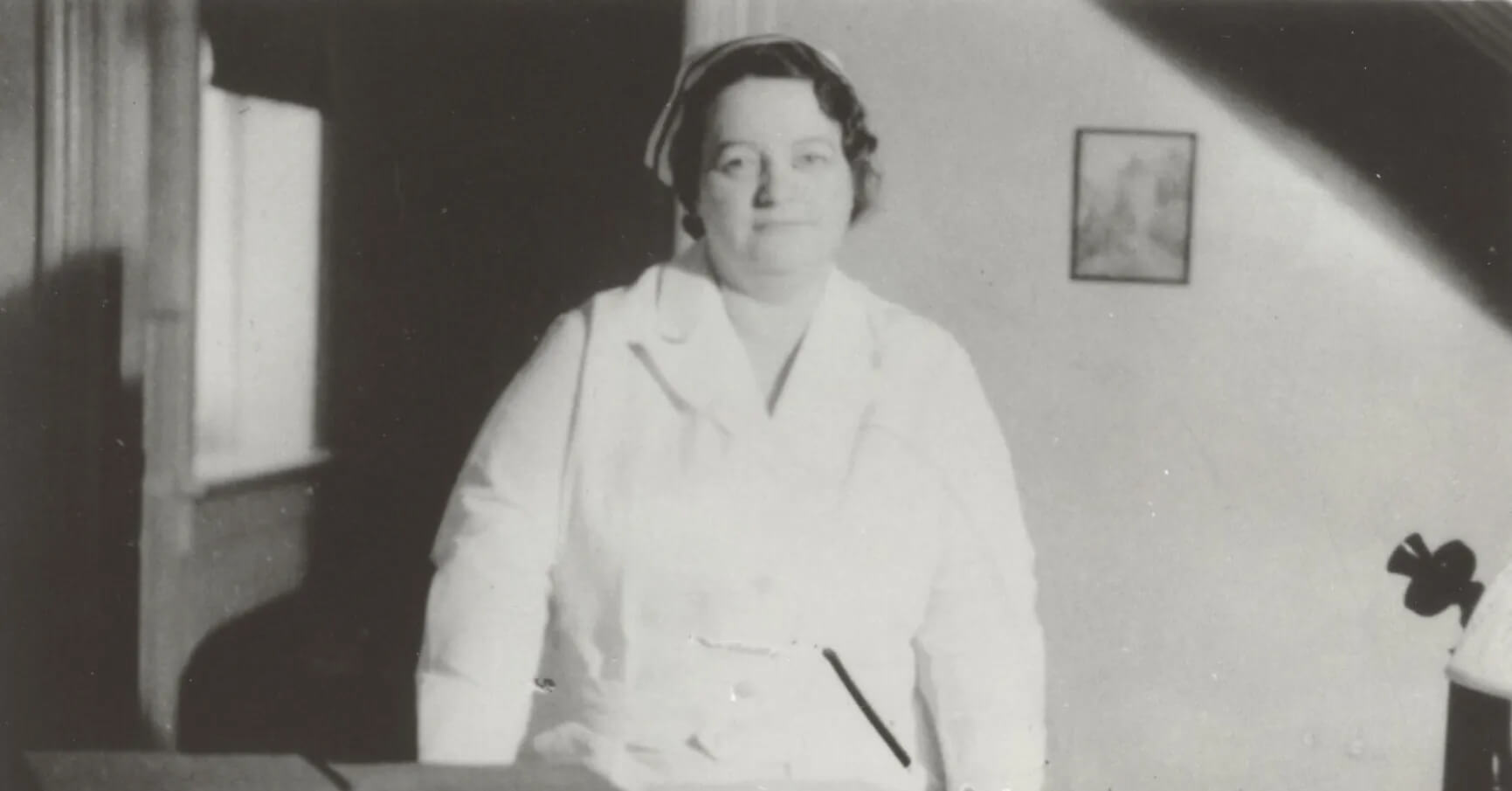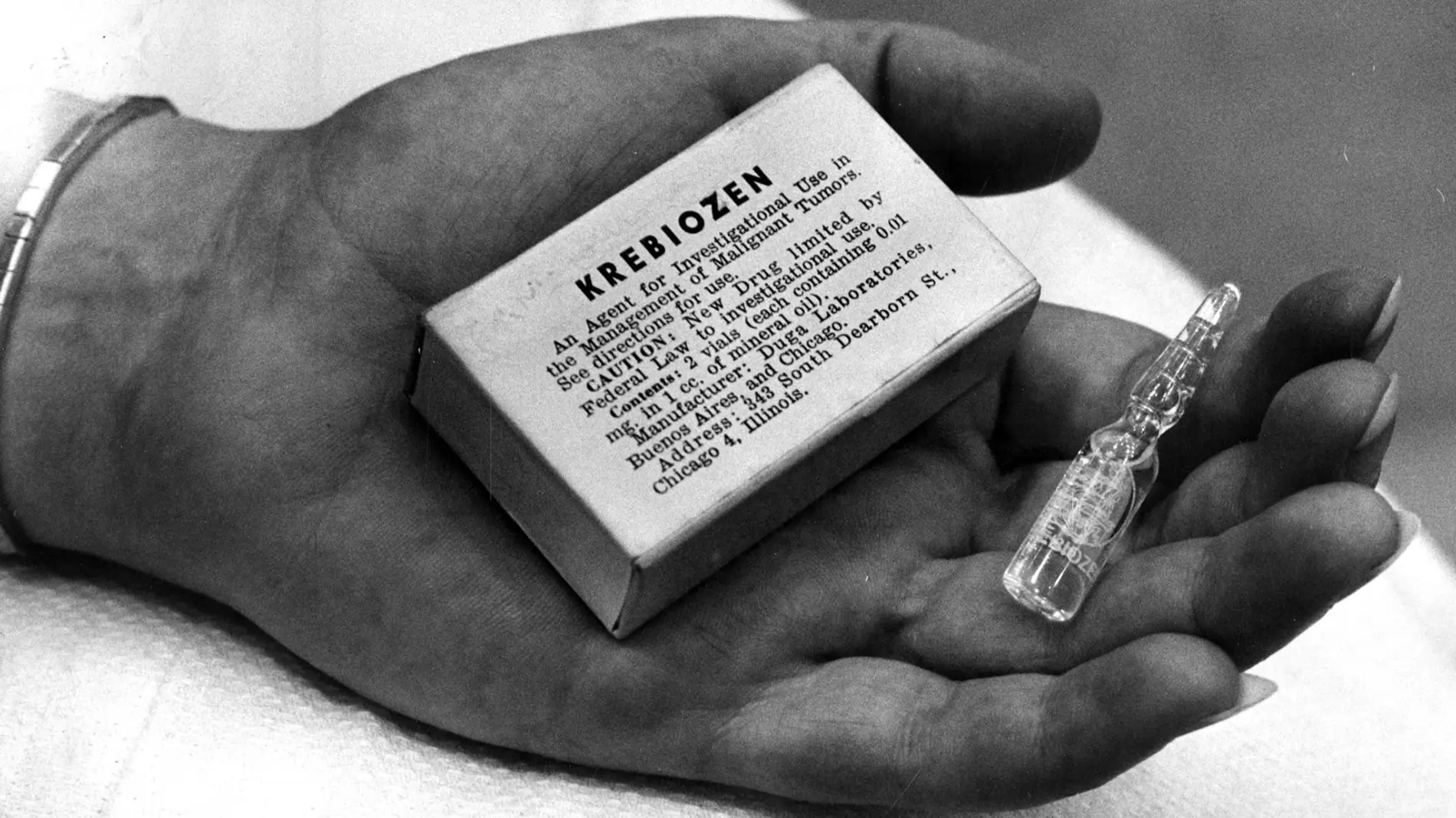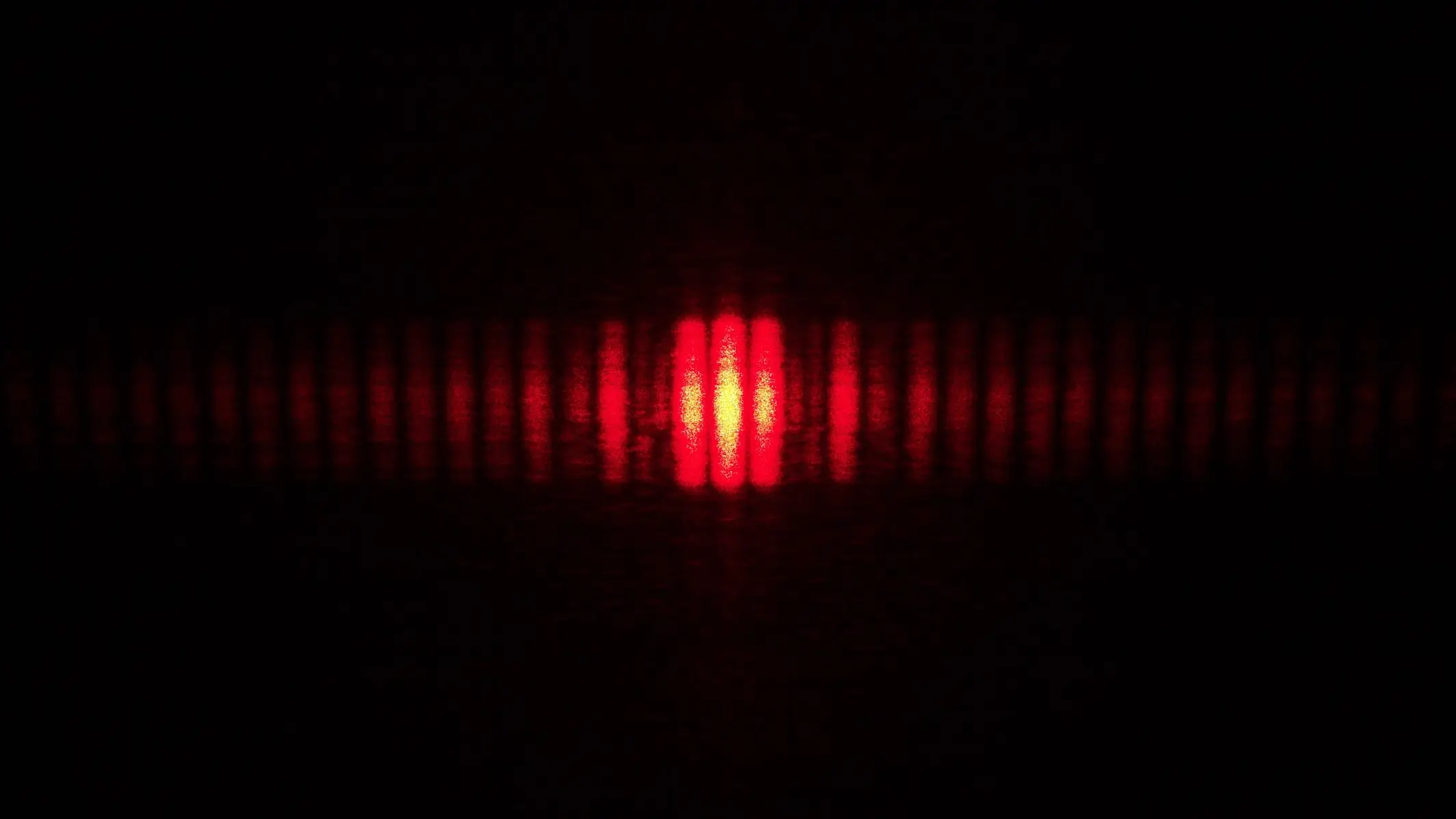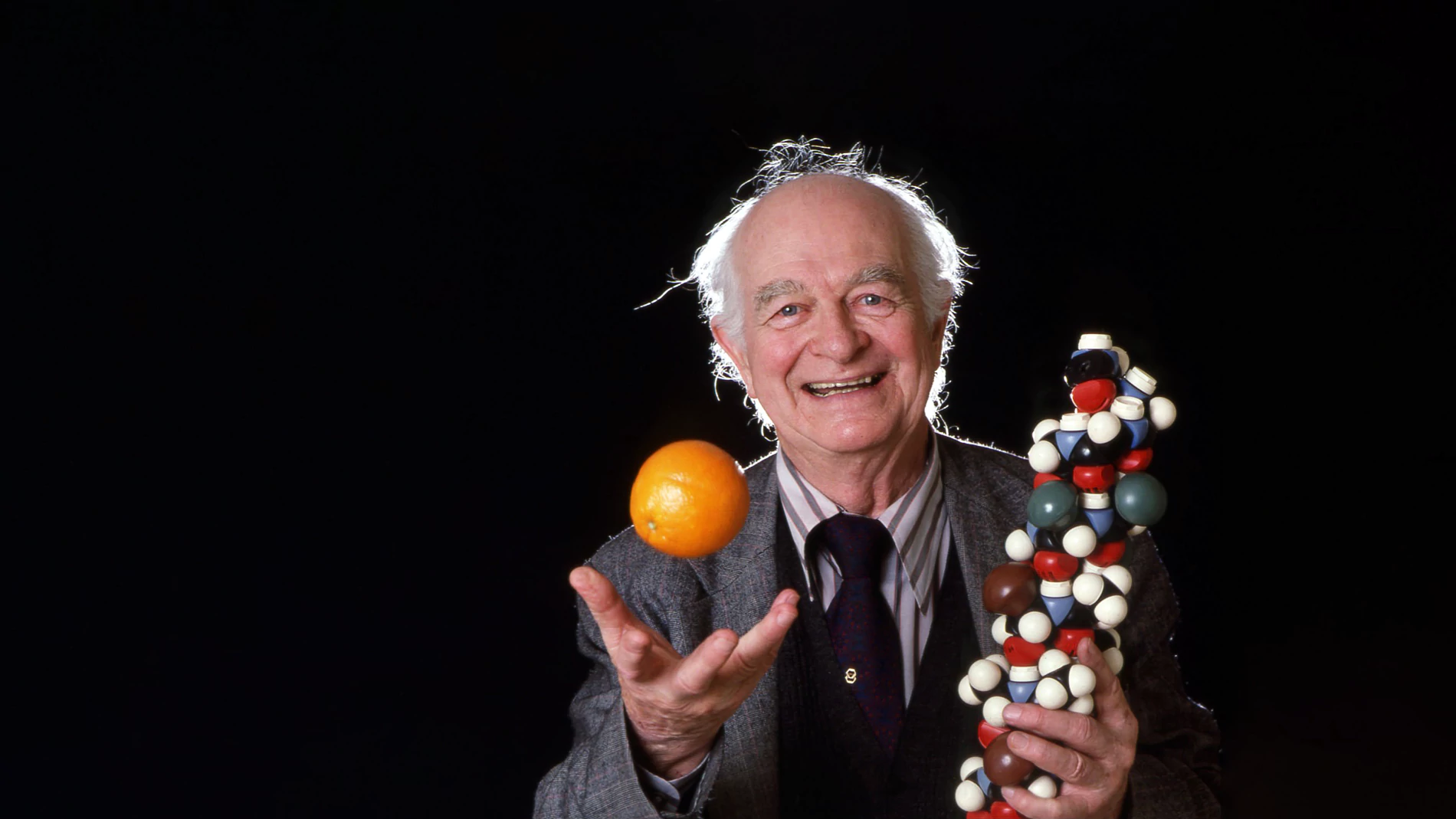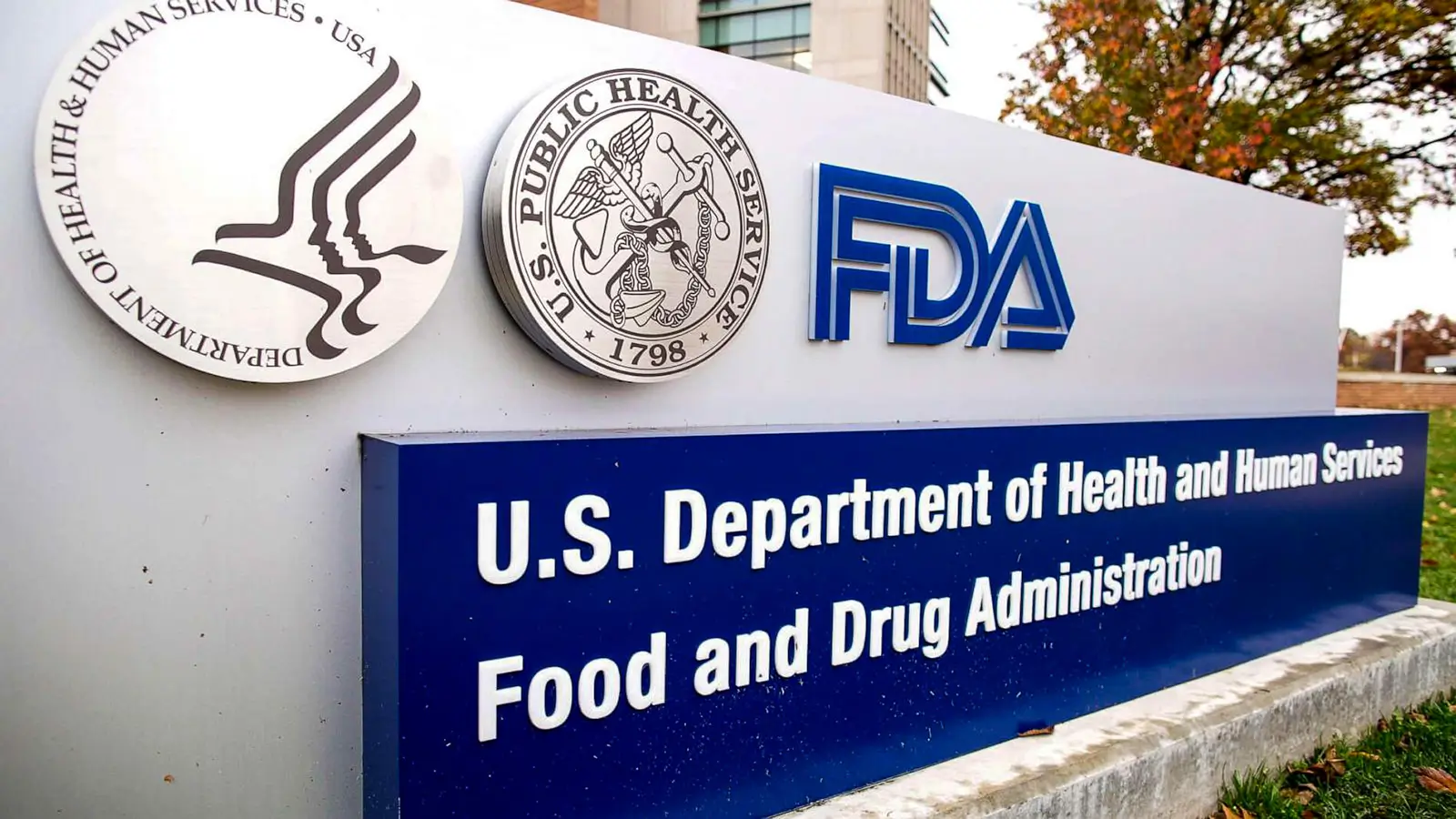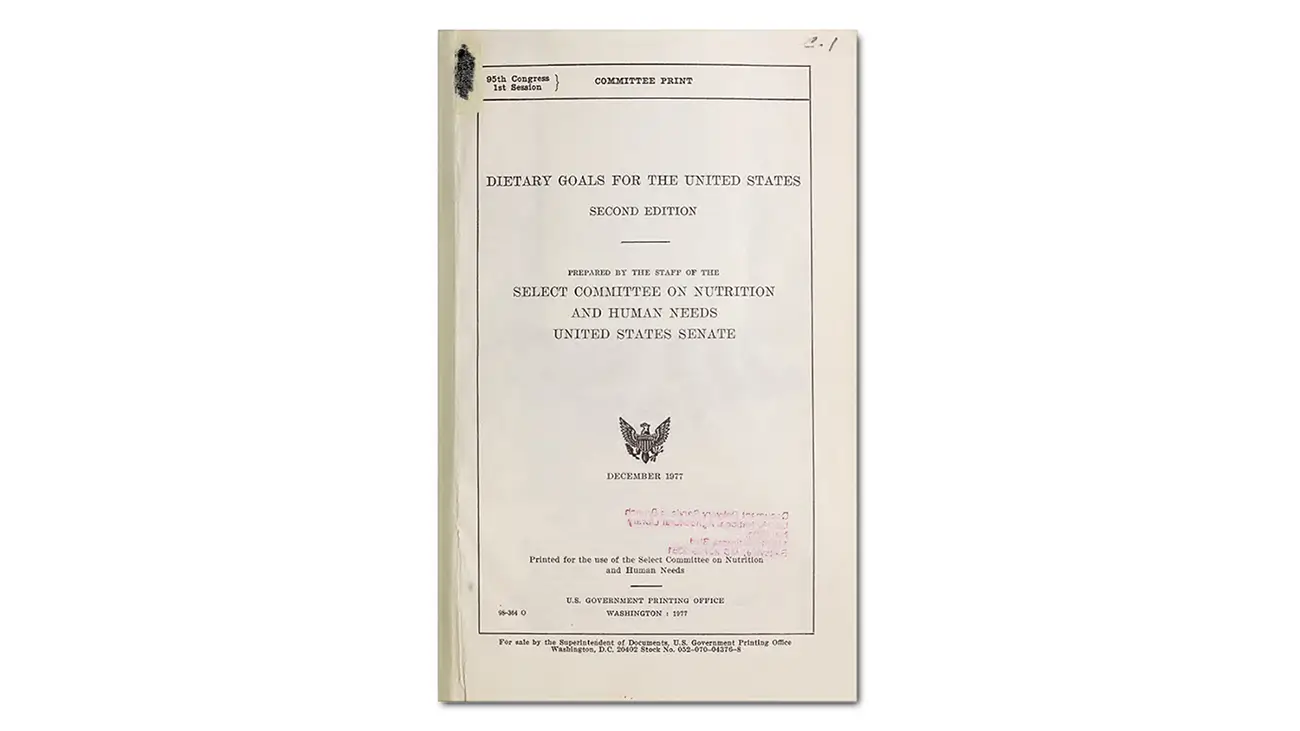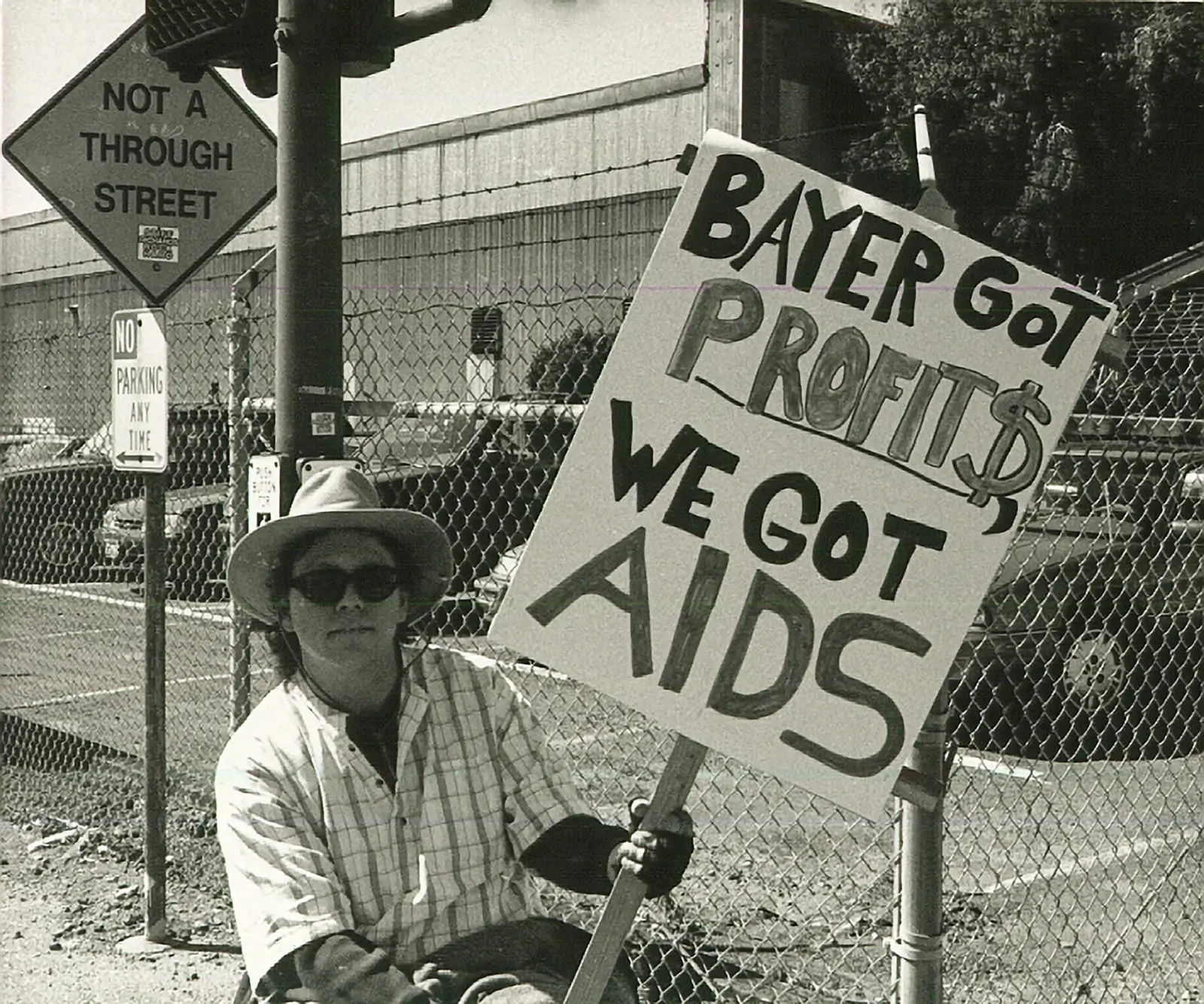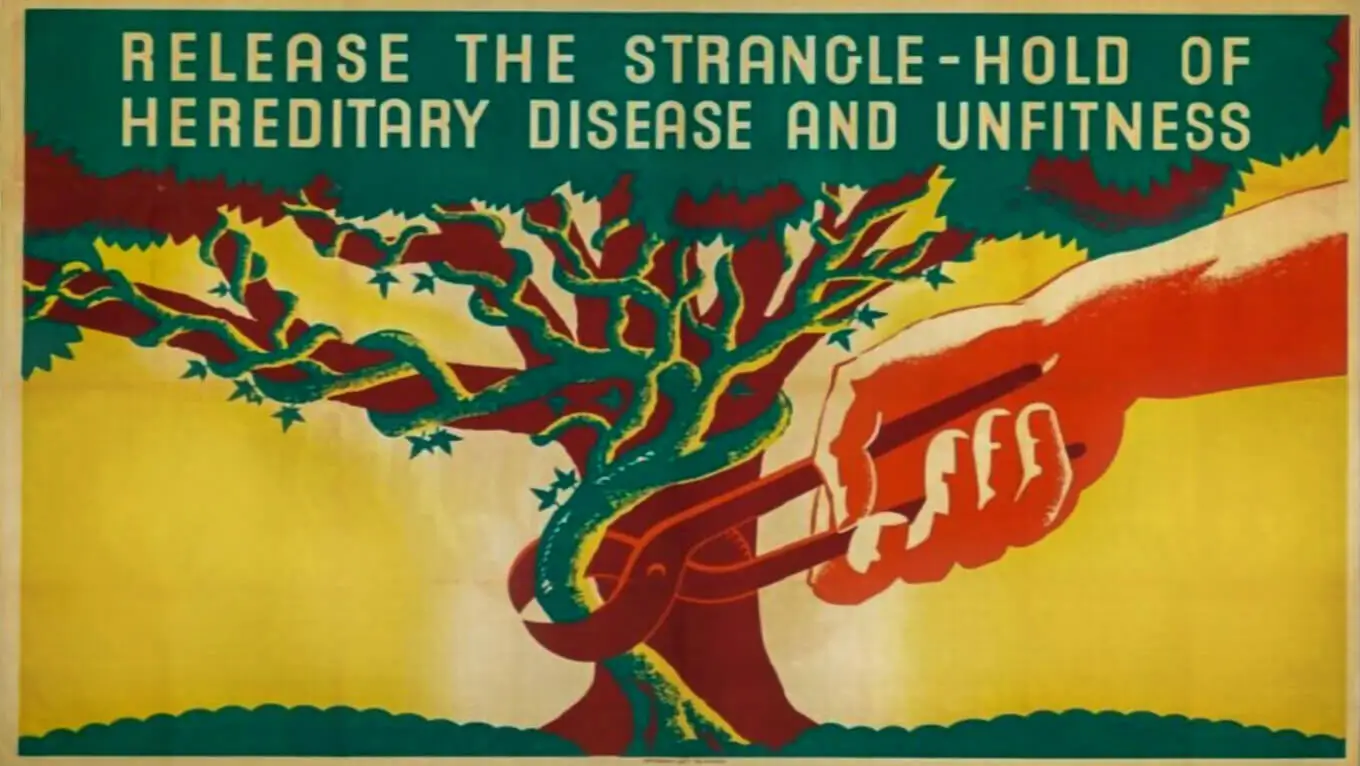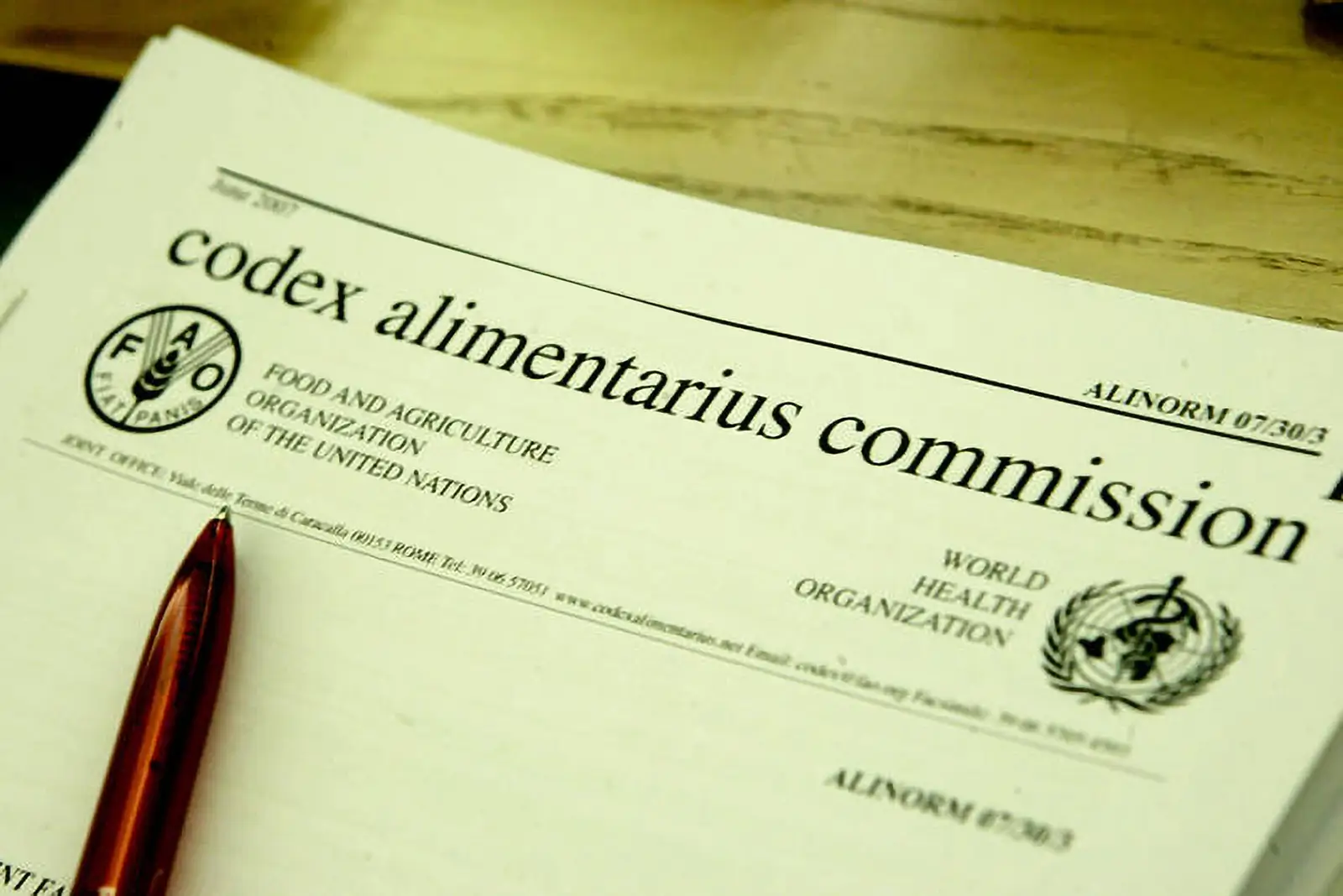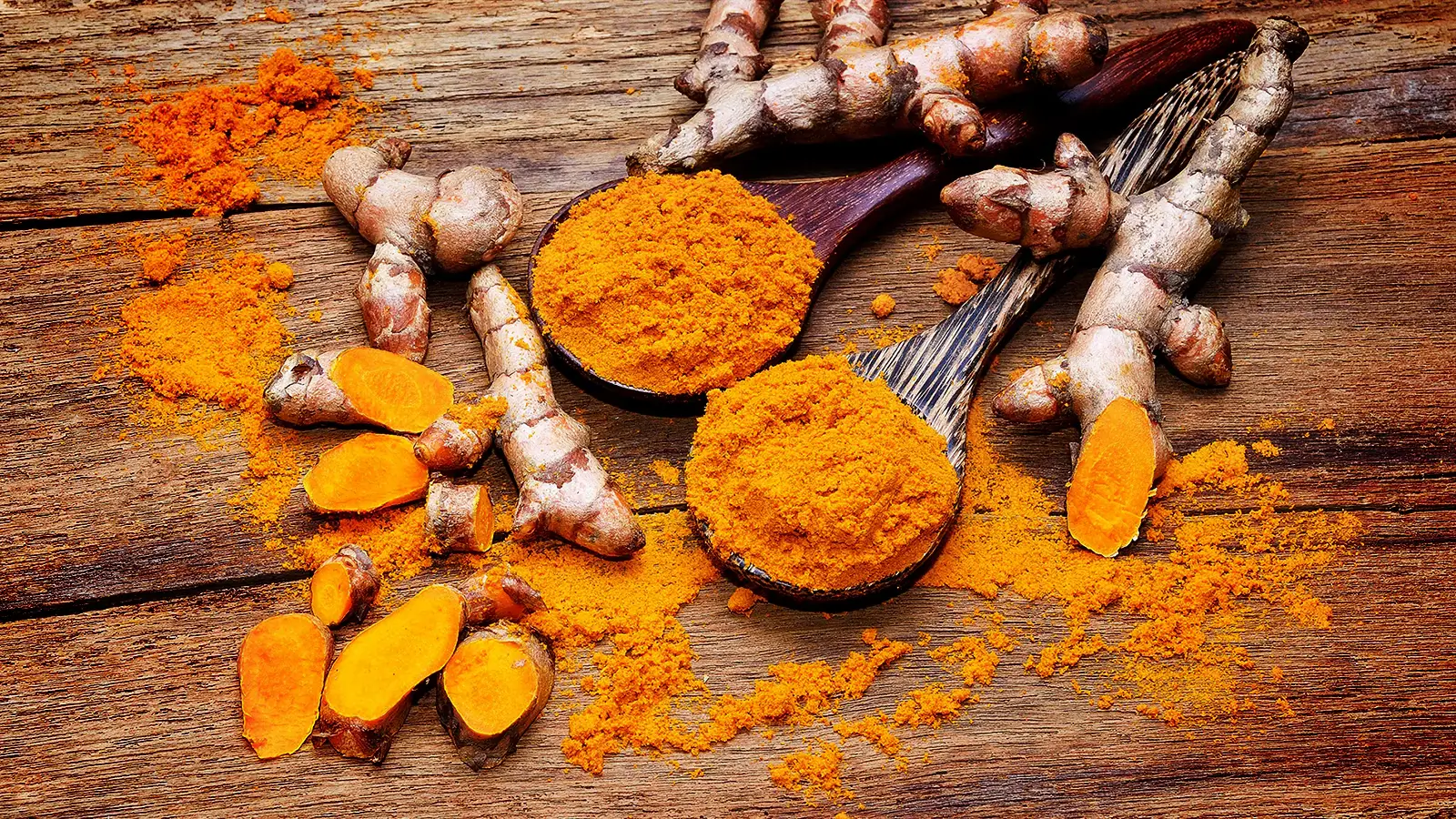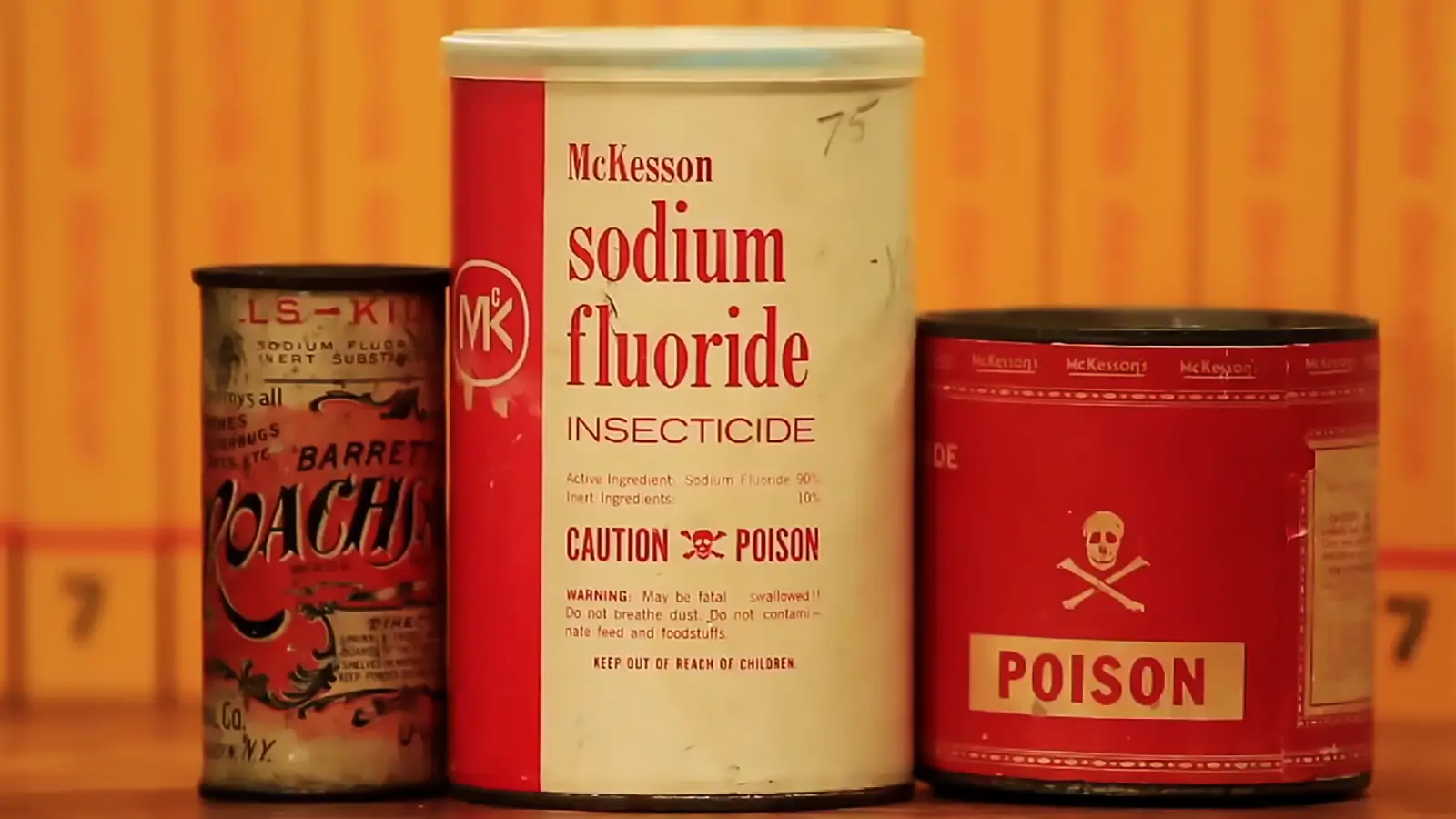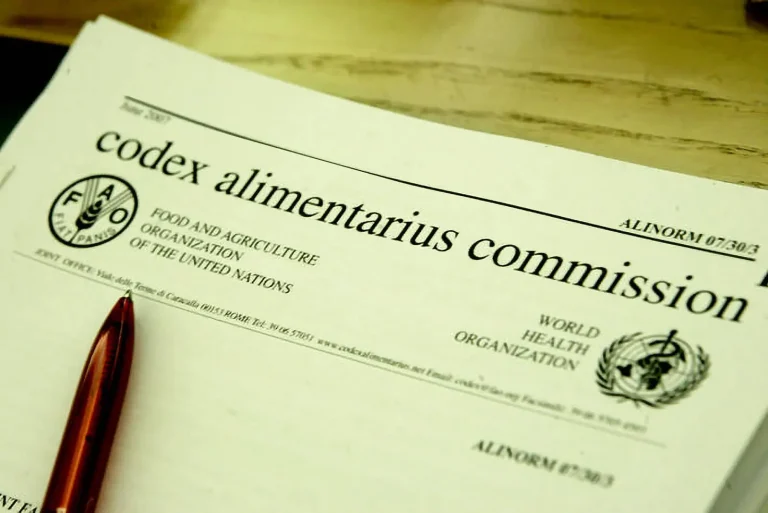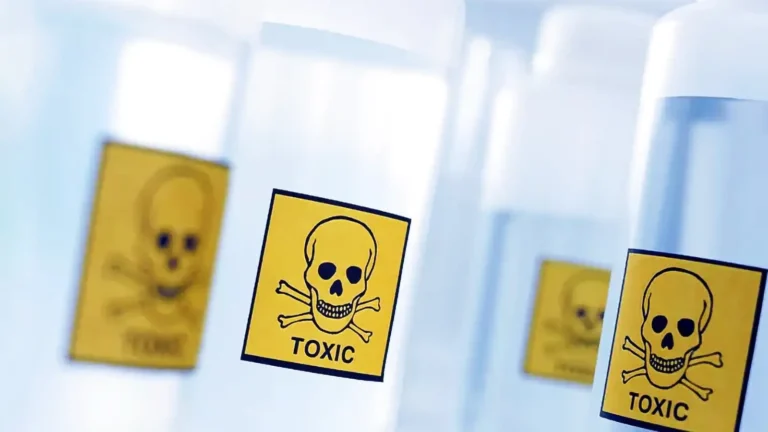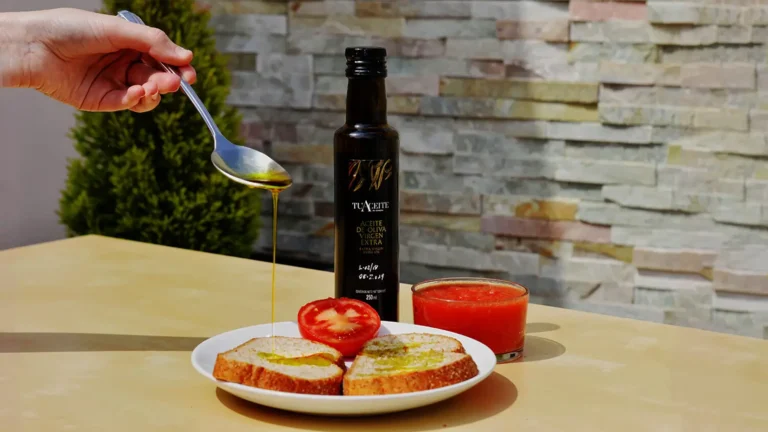Cancer, The Forbidden Cures- Immuno-augmentative therapy (IAT)
Dr. Lawrence Burton developed a system (Immuno-augmentative therapy) that could attack tumors in the early sixties. Then came the contract negotiations. Burton became the enemy.
Milos Pokimica
Written By: Milos Pokimica
Medically Reviewed by: Dr. Xiùying Wáng, M.D.
Updated June 9, 2023The list of suppressing cancer therapies that were never tested by the FDA that we do know about is very long. If the average person would go thru the litany and read all of the congressional investigations looking into cancer and read the 1963 hearings on Krebiozen or for example 1981 hearings of Senator Paula Hawkins from Florida that was investigating the fraud in the National Cancer Institute I think that it would be a lot of anger and emotions and uproar.
In 1986 an uproar among cancer patients forced Congress to look into yet another one of the charges of medical suppression.
The pattern was the same.
Cancer researcher Lawrence Burton, Ph.D., had a successful cancer treatment by Immuno-augmentative therapy (IAT) that was developed by him. He claimed that it could control all forms of cancer by restoring natural immune defenses. A form of vaccination line therapy for tumors where the immune system is trained to recognize the tumor. He was injecting blood serum proteins isolated with processes he had patented. Dr. Burton’s activity focused on cytokines.
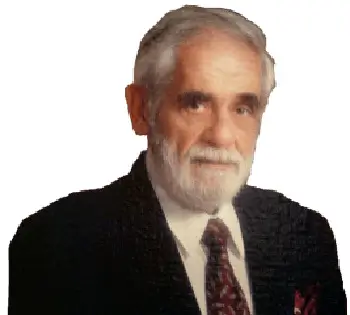
These are proteins that produce cell signaling functions inside the immune system. Some of these were later called TNF. He discovered that these could kill the tumor initially, but in time it stops to work. Dr. Burton’s theory was that to avoid toxicity in the body something must block TNF from attacking the tumor. He theorized that there must be a blocking protein. He thought that if he could eliminate the blocking protein, TNF would be capable of attacking cancer. He analyzed more than 3000 patients with the conclusion that cancer patients have a distinct profile that involves too little unblocking protein, and too much-blocking protein. In his theory, to test it he every day took a small amount of blood from the subject to measure different immune factors. Many blood plasma shots from donors are given throughout the day to balance the proteins. The process has been shown to extend the lives of many patients with advanced diseases considerably and to give them an enhanced quality of life. However, Burton did not publish detailed clinical reports, divulge the details of his methods, publish meaningful statistics, conduct a controlled trial, or provide independent investigators with specimens of his treatment materials for analysis.
He constancy accused a government that it wants to get hold of his work and was a bit paranoid. However, he was probably right, and the pattern proved to be the same.
National Cancer Institute accused him of quackery and refused investigation. If you ask the American Cancer Society, the existence of blocking and deblocking proteins has not been verified, and IAT is an unproven treatment.
However, today we know that this treatment is more effective than any other treatment for some specific forms of cancer. Not for all but for some it is extremely useful. For example, treatment is a success with mesothelioma – cancer caused by asbestos. For this form of cancer, the response is better than any other known therapy in the world or it can be used as an addendum to traditional treatments.
However, it does not matter. He did not want to sell.
Burton later charged the NCI with illegally trying to attain his methods. They come after him like they always do so under pressure he moved his clinic to the Bahamas in the 1970s. And It should also be noted that it was through Dr. Burton’s research that TNF (Tumor Necrosis Factor) was discovered. He was not a quack.
Dr. Lawrence Burton developed a system that could attack tumors in the early sixties. In the early stages of research, he got funding (The Damon Runyon Fund). The American Cancer Society sent him someone to work with him. Over the next two years, Dr. Burton’s research flourished and expands. Invited by the American Cancer Society to a national seminar of oncologists he did demonstrate his methods. In 1965, Burton did experiments on mice with solid tumors.
It was observed by the American Cancer Society science editor himself, and he was shocked by what he saw. He reported:
“They injected the mice, and the lumps went down before your eyes – something I never believed possible.”
The following year in 1966, under the American Cancer Society. Dr. Burton appeared before the New York Academy of Sciences and performed a demonstration in front of 70 scientists and 200 science writers. Mice were vaccinated with the serum, and ninety minutes later, the tumors had nearly disappeared basically before your own eyes, and all of this was in front of 70 scientists. Allegedly.
Sounds too good to be true. Newspapers throughout the world ran the story on their front pages while the prestigious peer journals got their story from an investigator for Sloan-Kettering and Dr. Castle from the American Cancer Society. The Los Angeles Examiner wrote
“Fifteen Minute Cancer Cure for Mice: Humans Next?”.
Philadelphia Bulletin:
“Demonstrated before our very eyes that injection of a mysterious serum…caused the disappearance of massive tumors in mice within a few hours.”
However, the real cure is not what they want, so the medical community did not approve. They challenged the validity of the trial and advised that it has to be done by some trickery.
Five top scientists were so enraged they organized a press conference. However, they were persuaded by their colleagues to cancel it. Later that year Dr. Burton and his associate Dr. Friedman were invited by the New York Academy of Medicine to repeat the experiment. This time, of sixteen mice with cancer on display, the gathered assembly of oncologists and pathologists chose which of them should be injected with the tumor-inhibiting factors. To avoid magic tricks neither Dr. Burton nor Dr. Friedman gave the serum. The result was the same as in the previous experiment. Again too good to be true.
However, their precautions made no difference, as yet again he was accused of faking the whole experiment.
Then came the contract negotiations. The big wigs, NCI, Sloan-Kettering, and American Cancer Society wanted to buy it up from Burton.
They would give him grants and credit for it, but they wanted the rights.
Burton turned them down.
Burton became the enemy.
The funding stopped.
Invitations to speak vanished.
Publications refused to publish.
The attacks began.
After he moved his clinic, he probably thought that he was safe, but his problems did not end there. It was successful therapy and a threat to the system of control.
He and his clinic had to go no matter if they are not on the territory under the control of the American government directly.
In 1985 CNN and all other government control propaganda lunch the campaign against the clinic.
Burton’s serum came from human blood. So in 1985, in a speech by the Deputy Director of the National Cancer Institute, it was mentioned as if in an aside, that Burton’s IAT specimens contained HIV. Supposedly two families returning from his clinic to us had brought back 18 sealed IAT specimens. A Washington State blood bank examined them, and all of them contained hepatitis B while some tested positive for HIV. The Bahamian Ministry of Health and Pan American Health Organization visited Burton’s clinic, and in July of 1985, the Bahamian Government closed the clinic. Burton reopened his clinic in March of the following year, but in July, the FDA issued an import ban prohibiting anyone from bringing IAT into the United States. This ban is still in effect. And guess what, the congressional committee has since made these findings:
“IAT Clinic was closed in July 1985 based upon a false and alarming claim spread by NCI personnel of an aids risk “.
They concluded that the contamination report was false.
It came from a high NCI official. The inaccurate report was circulated in the AMA Journal, the officials from the White House and State Department. Even the families who had brought back sealed IAT specimens into the US never contracted hepatitis B nor were they ever tested to be HIV positive.
The closure of the Clinic accidentally coincided with the US releasing new drugs strikingly similar to the Burton one like Interleukin-2. As a result, 38 congressmen signed the formal request for the independent federal evaluation of “alternative” cancer therapies.
The reality is that there is a premeditated, well-organized, global conspiracy to control and abuse and maintain the status quo. To prevent any threat to the system by finding the cure or “alternative” non-patentable therapies or mechanisms that could not be regulated by the institutions.
The system includes the FDA, the Federal Government, parts of Congress, Big pharma, and so on. The way of business has been established, and they are not going to let anyone from the outside threaten their inner club.
When I did my initial research into medical suppression, I did not think I would find much. What I did find didn’t surprise me but what surprised me is the sheer number of cases. It is not just a couple of them. I stop my research at about 15. I lost the will. What suppressed me is that in the era of information technology there is no real discussion or knowledge about this in society. It is not that 1 percent of psychopaths that run this show are doing what they are doing, it is surprising that the rest of 99% of the population is docile. The information is available, but there is a low level of understanding. Freedom of information is freedom of choice. If this course of business continues in the near future, the information itself will be suppressed.
References:
Passages selected from a book: Pokimica, Milos. Go Vegan? Review of Science Part 2. Kindle ed., Amazon, 2018.
- Moss, Ralph W. Ph.D., “The Cancer Industry, Unraveling the Politics,” Chapter 12: “Burton’s Immunological Method,” Paragon House,1996
- Burton, Lawrence, et al., “The Purification and Action of Tumor Factor Extracted from Mouse and Human Neoplastic Tissue,” Transactions of the New York Academy of Sciences, 21:700-707, June 1959.
- Pelton, Ross, and Lee Overholser, “Alternatives in Cancer Therapy: The Complete Guide to Non-traditional Treatments.” Chapter 22, “Immuno-Augmentative Therapy,” New York: Fireside, 1994
- “Best-Case Series for the Use of Immuno-Augmentation Therapy and Naltrexone for the Treatment of Cancer. Summary.” Evidence Report/Technology Assessment: No. 7. AHRQ Publication No. 03-E029. April 2003.
- The Burton Goldberg Group, Alternative Medicine, The Definitive Guide, “Immuno-Augmentative Therapy (IAT),” pages 576-577, Future Medicine Publishing, 1993
ORGANIZATIONS
IAT – Immune Augmentation Therapy Non-Toxic Cancer Immunotherapy Toll-Free phone in US and Canada: 561-766-0878 quantimmuno@gmail.com www.immunetherapy.net
604 East Street – P.O. Box 10 Otho, Iowa 50569 USA 515-972-4444 Fax: 515-972-4415 info@PeopleAgainstCancer.org www.peopleagainstcancer.org
Related Posts
Do you have any questions about nutrition and health?
I would love to hear from you and answer them in my next post. I appreciate your input and opinion and I look forward to hearing from you soon. I also invite you to follow us on Facebook, Instagram, and Pinterest for more diet, nutrition, and health content. You can leave a comment there and connect with other health enthusiasts, share your tips and experiences, and get support and encouragement from our team and community.
I hope that this post was informative and enjoyable for you and that you are prepared to apply the insights you learned. If you found this post helpful, please share it with your friends and family who might also benefit from it. You never know who might need some guidance and support on their health journey.
– You Might Also Like –

Learn About Nutrition
Milos Pokimica is a doctor of natural medicine, clinical nutritionist, medical health and nutrition writer, and nutritional science advisor. Author of the book series Go Vegan? Review of Science, he also operates the natural health website GoVeganWay.com
Medical Disclaimer
GoVeganWay.com brings you reviews of the latest nutrition and health-related research. The information provided represents the personal opinion of the author and is not intended nor implied to be a substitute for professional medical advice, diagnosis, or treatment. The information provided is for informational purposes only and is not intended to serve as a substitute for the consultation, diagnosis, and/or medical treatment of a qualified physician or healthcare provider.NEVER DISREGARD PROFESSIONAL MEDICAL ADVICE OR DELAY SEEKING MEDICAL TREATMENT BECAUSE OF SOMETHING YOU HAVE READ ON OR ACCESSED THROUGH GoVeganWay.com
NEVER APPLY ANY LIFESTYLE CHANGES OR ANY CHANGES AT ALL AS A CONSEQUENCE OF SOMETHING YOU HAVE READ IN GoVeganWay.com BEFORE CONSULTING LICENCED MEDICAL PRACTITIONER.
In the event of a medical emergency, call a doctor or 911 immediately. GoVeganWay.com does not recommend or endorse any specific groups, organizations, tests, physicians, products, procedures, opinions, or other information that may be mentioned inside.
Editor Picks –
Milos Pokimica is a doctor of natural medicine, clinical nutritionist, medical health and nutrition writer, and nutritional science advisor. Author of the book series Go Vegan? Review of Science, he also operates the natural health website GoVeganWay.com
Latest Articles –
Plant Based News
-
This High-Protein Vegan Kimchi Jjigae Might Be The Best Yet
on July 8, 2025
-
16 Vegan Trader Joe’s Meals You Need To Know
on July 7, 2025
-
Odeon Cinemas Just Added A Moving Mountains Vegan Hot Dog To The Menu
on July 7, 2025
-
5 Practical Travel Tips From A Vegan Explorer
on July 7, 2025
-
Jamie Oliver Highlights ‘Important Connection’ Between Tofu And Longevity
on July 6, 2025
-
This Vegan Mung Bean Scramble Looks and Tastes Just Like Eggs
on July 6, 2025
-
Vegan Black Rice And Peas
on July 6, 2025
Top Health News — ScienceDaily
- Study finds tummy-tuck patients still shedding pounds five years lateron July 7, 2025
Patients who undergo tummy tuck surgery may be in for more than just cosmetic changes — a new study shows they often keep losing weight for years after the procedure. Researchers followed 188 patients and found consistent weight reduction up to five years later, especially in those with higher initial BMIs. Interestingly, lifestyle improvements, such as better diet and exercise habits, may play a key role in this surprising long-term effect. This could mean tummy tucks aren’t just sculpting […]
- Feeling mental exhaustion? These two areas of the brain may control whether people give up or persevereon July 7, 2025
When you’re mentally exhausted, your brain might be doing more behind the scenes than you think. In a new study using functional MRI, researchers uncovered two key brain regions that activate when people feel cognitively fatigued—regions that appear to weigh the cost of continuing mental effort versus giving up. Surprisingly, participants needed high financial incentives to push through challenging memory tasks, hinting that motivation can override mental fatigue. These insights may pave the […]
- New research shows Monday stress is etched into your biologyon July 7, 2025
Feeling jittery as the week kicks off isn’t just a mood—it leaves a biochemical footprint. Researchers tracked thousands of older adults and found those who dread Mondays carry elevated cortisol in their hair for months, a stress echo that may help explain the well-known Monday heart-attack spike. Even retirees aren’t spared, hinting that society’s calendar, not the workplace alone, wires Monday anxiety deep into the HPA axis and, ultimately, cardiovascular risk.
- Cough medicine turned brain protector? Ambroxol may slow Parkinson’s dementiaon July 6, 2025
Ambroxol, long used for coughs in Europe, stabilized symptoms and brain-damage markers in Parkinson’s dementia patients over 12 months, whereas placebo patients worsened. Those with high-risk genes even saw cognitive gains, hinting at real disease-modifying power.
- Multisensory VR forest reboots your brain and lifts mood—study confirmson July 6, 2025
Immersing stressed volunteers in a 360° virtual Douglas-fir forest complete with sights, sounds and scents boosted their mood, sharpened short-term memory and deepened their feeling of nature-connectedness—especially when all three senses were engaged. Researchers suggest such multisensory VR “forest baths” could brighten clinics, waiting rooms and dense city spaces, offering a potent mental refresh where real greenery is scarce.
- Pregnancy’s 100-million-year secret: Inside the placenta’s evolutionary power playon July 6, 2025
A group of scientists studying pregnancy across six different mammals—from humans to marsupials—uncovered how certain cells at the mother-baby boundary have been working together for over 100 million years. By mapping gene activity in these cells, they found that pregnancy isn’t just a battle between mother and fetus, but often a carefully coordinated partnership. These ancient cell interactions, including hormone production and nutrient sharing, evolved to support longer, more complex […]
- New tech tracks blood sodium without a single needleon July 6, 2025
Scientists have pioneered a new way to monitor sodium levels in the blood—without drawing a single drop. By combining terahertz radiation and optoacoustic detection, they created a non-invasive system that tracks sodium in real time, even through skin. The approach bypasses traditional barriers like water interference and opens up potential for fast, safe diagnostics in humans.
PubMed, #vegan-diet –
- Framing the meat consumption transition: A statistical learning approach to explore the factors shaping young adults’ food choices in Germany and Italyon July 6, 2025
This study examines the factors driving changes in meat consumption among young adults in Germany and Italy-two high-income countries that, despite their distinct culinary traditions, have seen a convergence in meat consumption levels in recent years. The research addresses two aims: to examine the role of environmental attitudes in shaping dietary choices and to explore the impact of socio-demographic factors on meat-consumption patterns. The analysis employs the General Ecological Behavior…
- Health and environmental impacts of shifting to plant-based analogues: a risk-benefit assessmenton July 5, 2025
CONCLUSION: PBAs can be considered feasible alternatives to animal-based foods, and the results emphasise meat substitution as a crucial factor for health and environmental benefits.
- Exploring the role of gut microbiota in rheumatoid arthritis: the effects of diet and drug supplementationon July 2, 2025
Rheumatoid Arthritis (RA) is a chronic autoimmune disease that mostly breaks out at the joints. It further causes bone erosion and decreased life quality due to severe pain. Current drugs are mainly focused on reducing pain, but unable to terminate the disease progression. This study aims to determine the effect of diet types (Western, Vegan and Mediterranean) on RA progression. Some dietary supplements and drug administration (Huayu-Qiangshen-Tongbi formula or Leflunomide plus Methotrexate) […]
- Blood biomarkers of Alzheimer’s disease in Australians habitually consuming various plant-based dietson June 30, 2025
BackgroundEvidence suggests that plant-based diets (PBDs) may be protective against neurodegenerative diseases such as Alzheimer’s disease (AD).ObjectiveThis study examined associations between blood-based AD biomarkers in individuals 30-75 years without current or diagnosed cardiovascular disease following different PBDs versus regular meat-eating diets (RMEs).MethodsThis secondary analysis of the Plant-based Diets study measured Aβ(1-42)/Aβ(1-40), p-tau181, NFL, and GFAP in 237 plasma […]
- Zinc supplementation among zinc-deficient vegetarians and vegans restores antiviral interferon-α response by upregulating interferon regulatory factor 3on June 28, 2025
CONCLUSION: We identified zinc-dependent IRF3 expression as an essential cellular mechanism behind impaired IFNα response in zinc-deficient subjects. This may contribute to disturbed antiviral immunity and cause increased susceptibility to virus infections in vivo. Oral zinc supplementation effectively restored IRF3 and IFNα levels. Hence, nutritional interventions may become increasingly important in order to prevent health implications from micronutrient deficiencies among vegetarians and…
Random Posts –
Featured Posts –

Latest from PubMed, #plant-based diet –
- Impact of Dietary Patterns on Migraine Management: Mechanisms of Action and Recent Literature Insightsby Vahideh Behrouz on July 7, 2025
CONCLUSIONS: In conclusion, adopting specific dietary strategies may offer a viable approach for individuals suffering from migraines, warranting further research to establish definitive guidelines.
- Trends in diet structural composition and quality among adults in Beijing, China (2010-2022)by Ningsu Chen on July 7, 2025
CONCLUSION: Between 2010 and 2022, Beijing adults experienced substantial imbalances in dietary structure, characterized by decreasing energy intake from carbohydrates and increasing intake from fat, both diverging further from recommended levels. Dietary deficiencies and excesses coexist, contributing to suboptimal dietary quality compared with national dietary guidelines.
- Diet in Pregnancy: A Review of Current Challenges and Recommendations. A British Nutrition Foundation Briefing Paperby Kathryn H Hart on July 6, 2025
Pregnancy is a crucial period during which maternal nutrition, weight and lifestyle behaviours have a direct impact on both maternal and fetal health. This briefing paper describes dietary and lifestyle recommendations for women during the preconceptional period and throughout pregnancy, identifying specific factors that can be modified to improve health outcomes for both mother and child. It considers key areas such as nutrient intakes, supplementation, food safety and weight management, and…
- Health and environmental impacts of shifting to plant-based analogues: a risk-benefit assessmentby Catarina Carvalho on July 5, 2025
CONCLUSION: PBAs can be considered feasible alternatives to animal-based foods, and the results emphasise meat substitution as a crucial factor for health and environmental benefits.
- Low-Carbohydrate Diet Patterns That Favor High-Quality Carbohydrates Are Associated with Beneficial Long-Term Changes in Biomarkers of Inflammation and Oxidative Stress in the Framingham Offspring…by Ghaida F Aloraini on July 4, 2025
CONCLUSIONS: LCD patterns that preserved high-quality carbohydrates while replacing low-quality carbohydrates sources, such as refined grains and added sugars, with fat and protein were inversely associated with inflammation and oxidative stress score, potentially lowering chronic disease risk.
- Linking the Planetary Health Diet Index to sarcopenia: the mediating effect of the non-high-density lipoprotein cholesterol to high-density lipoprotein cholesterol ratio (NHHR)by Huan Chen on July 4, 2025
CONCLUSION: This study highlights the observed negative correlation between PHDI and sarcopenia, with NHHR acting as a partial mediator. These findings emphasize the potential importance of dietary patterns in strategies aimed at preventing sarcopenia.

